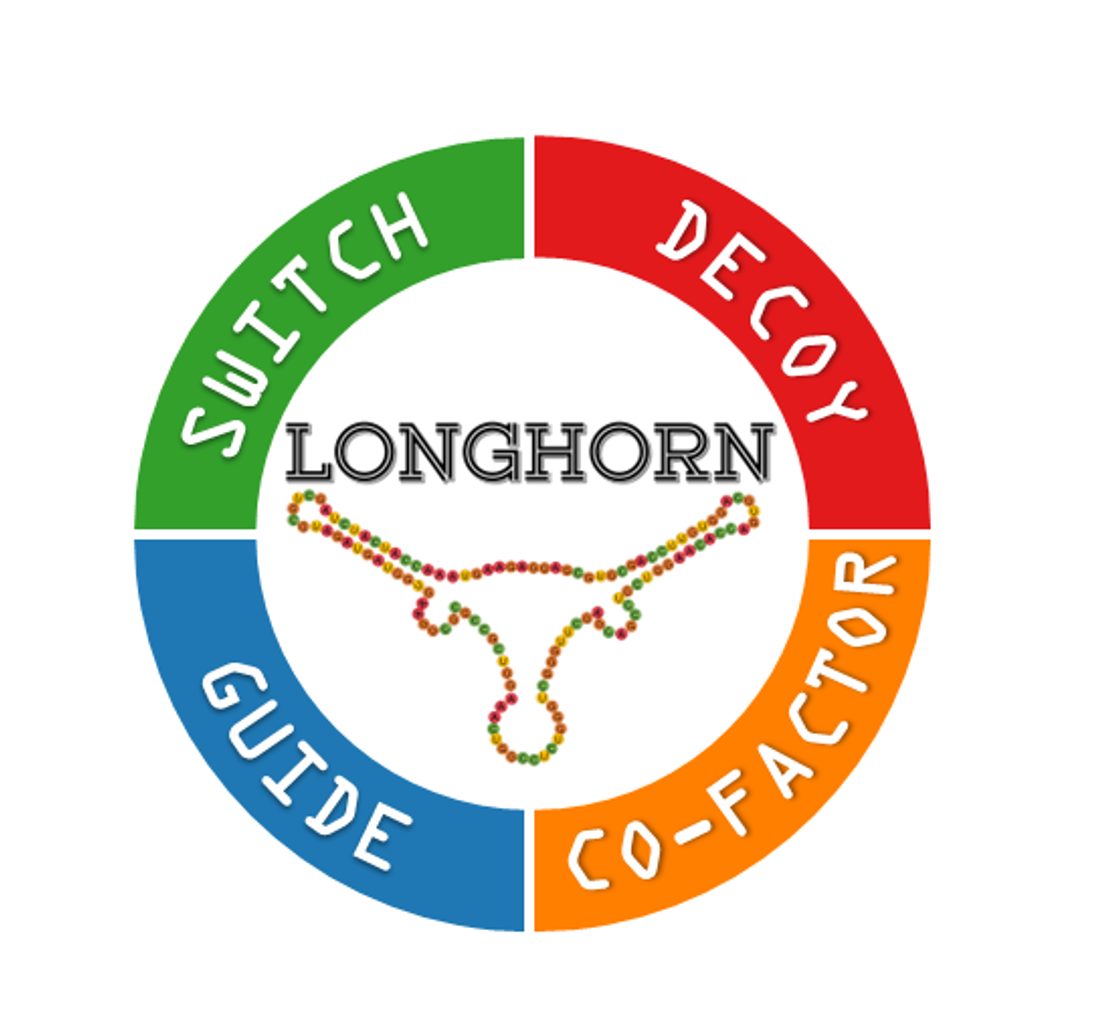Empower researchers to discover functional RNAs (including mRNAs, miRNAs, and lncRNAs) and their cancer targets with our cutting-edge prediction tools.

Hermes
Prediction of ceRNA Interactions
Hermes helps unveil a network of miR-mediated interactions in TCGA glioblastoma, regulating thousands of genes via direct targeting, and enabling crosstalk between established oncogenic pathways.
● Sumazin, Yang, Chiu et al., Cell 2011. (Featured as the issue’s cover story)


Cupid
Integrated miRNA-ceRNA Network Analysis
We present Cupid for simultaneous prediction of miRNA-target and ceRNA interactions in TCGA breast carcinomas. Cupid’s context-specific predictions outperform rivals with lower false positive rates.
● Chiu, Llobet-Navas et al., Genome Research 2015.
● Chiu et al., BMC Genomics 2017.
● Chiu, Martínez et al., Nucleic Acids Research 2018.
● Ustianenko, Chiu et al., Molecule Cell 2018. (Featured as the issue’s cover story)


LongHorn
lncRNA Target Prediction
LongHorn (TCGA Pan-Cancer Atlas) unlocks how lncRNAs regulate genes in cancer (transcriptional & post-transcriptional) using large datasets. It identifies four models (Decoy, Co-factor, Guide, Switch) for these interactions through miRNAs, RBPs, and TFs.
● Chiu, Somvanshi et al., Cell Reports 2018. (This work is part of the TCGA Pan-Cancer Atlas)
Predictions from this work were subsequently applied in studies by Campbell et al. (2018) published in Cell Reports and Berger et al. (2018) published in Cancer Cell.

RNA Atlas
Catalog of Non-Coding RNA Expression
RNA Atlas maps the human transcriptome across 300 normal cell and tissue types (PolyA+, Total RNA, miRNA seq), revealing a vast collection of RNAs, including new non-coding players in gene regulation. LongHorn leverages this data to predict functions of novel lncRNAs and circRNAs.

BigHorn
Enhanced lncRNA Target Prediction
BigHorn tackles lncRNA transcriptional target prediction with improved accuracy using flexible binding models (beyond triple-helical limitations). It excels at identifying co-regulated targets (transcriptional & post-transcriptional) by the same lncRNA, simplifying validation due to stronger regulation.
● Chiu, Somvanshi, Chang et al., Cell Genomics 2025 Aug 13;5(8):100927. PMID: 40628267 (Featured as the issue’s cover story, with an accompanying preview of our findings)
